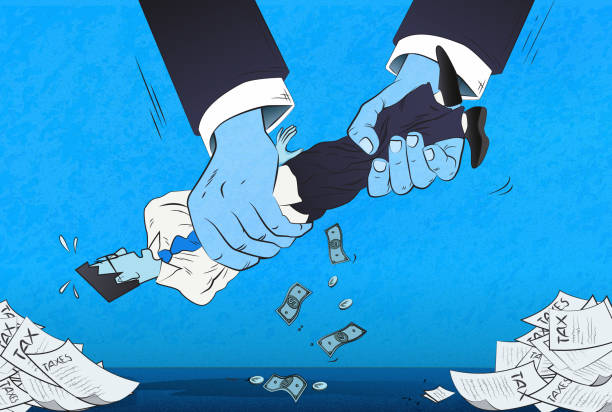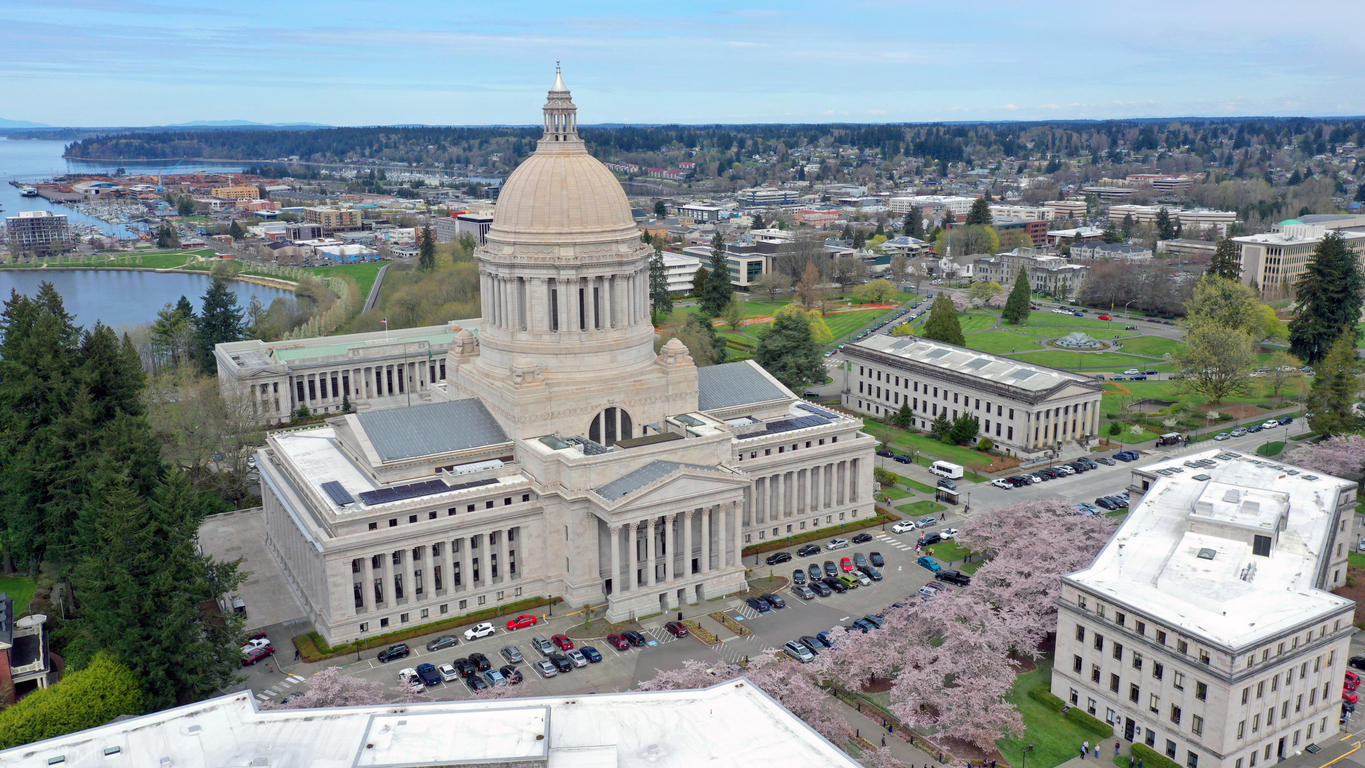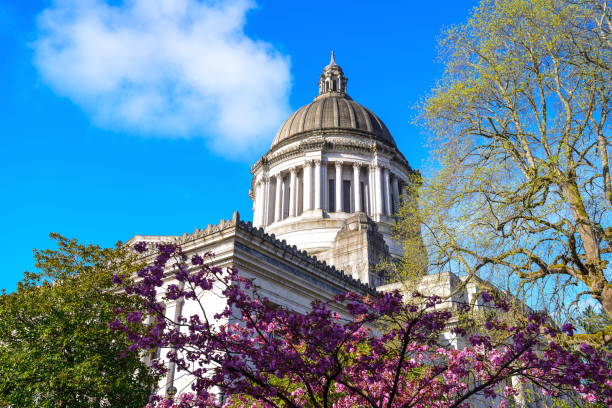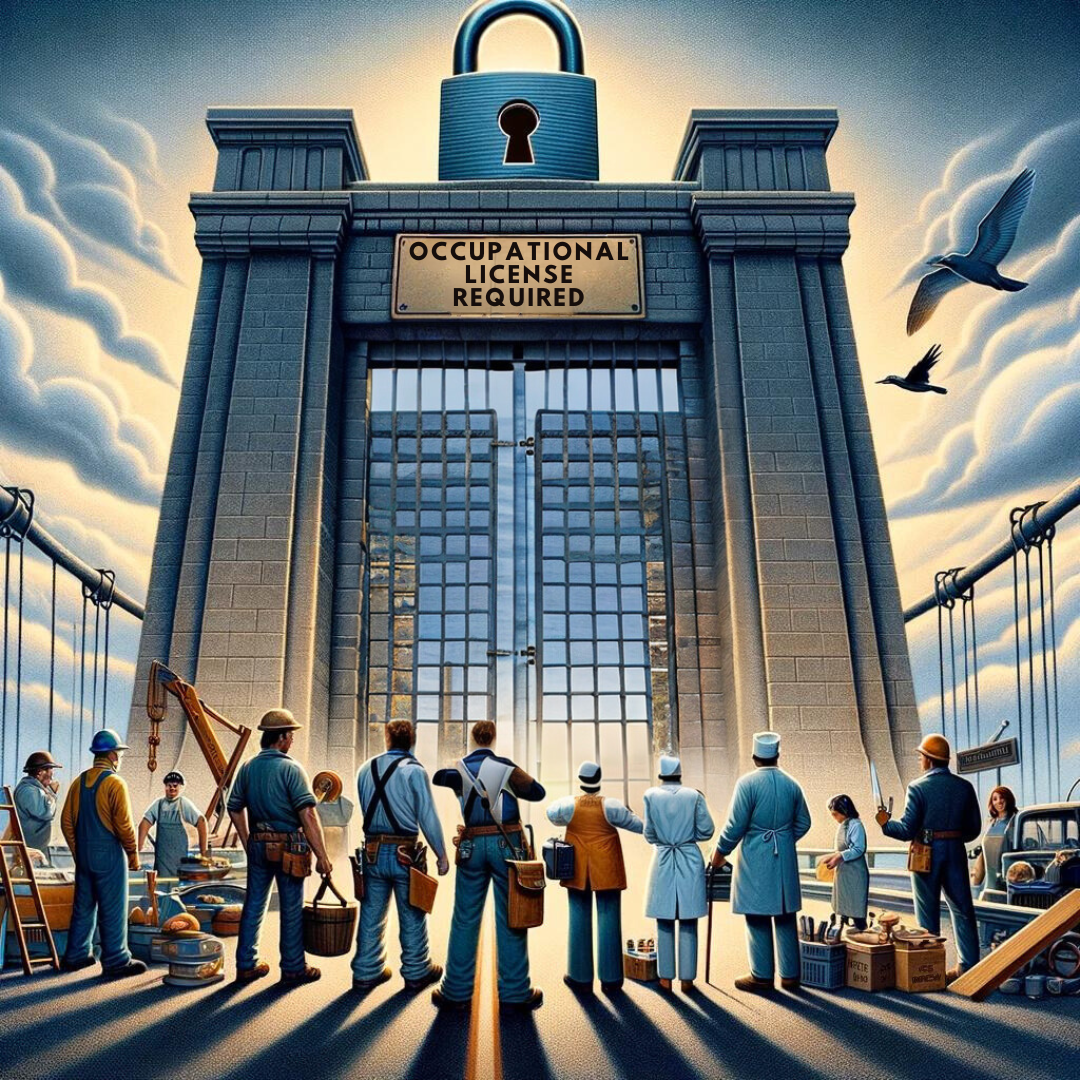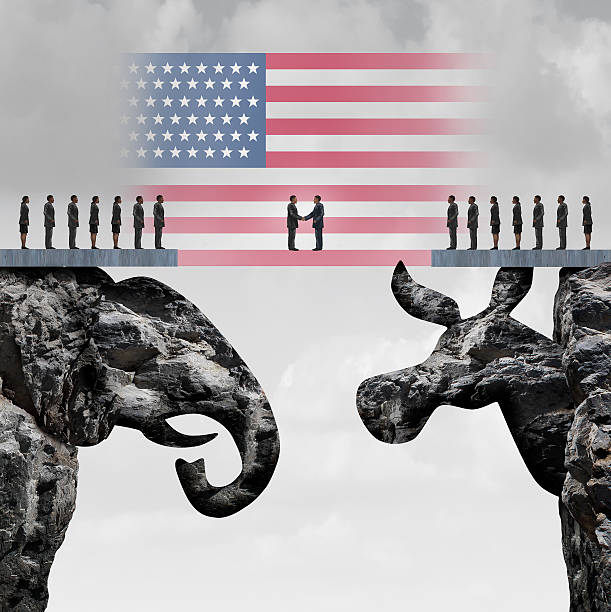Legal complaint seeks to declare tribal government money as “public funds” and prohibit use in campaigns
A “45-days notice” filed on May 2 wants the question answered if tribal governments are allowed under Washington’s campaign finance laws to contribute to political campaigns. According to a press release by the Automotive United Trades Organization (AUTO) who filed the complaint:
“The issue is the historical use by tribal governments of ‘public funds’ in making political contributions to influence non-tribal elections in Washington state and subsequently, the decisions coming out of the legislative process or the executive branch. State law prohibits candidates from taking contributions from governments with ‘Public funds, whether derived through taxes, fees, penalties, or any other sources, shall not be used to finance political campaigns for state or school district office.’”
Under Washington’s campaign finance law approved by voters in 1972, citizens may provide “45-days notice” to the Attorney General’s Office and local prosecuting attorney of an alleged violation. If the government fails to act on the complaint the citizens may sue on behalf of Washington. Under the law (RCW 42.17A.765 (4)):
"If the person who brings the citizen's action prevails, the judgment awarded shall escheat to the state, but he or she shall be entitled to be reimbursed by the state of Washington for costs and attorneys' fees he or she has incurred."
There have been several campaign finance lawsuits filed under the "45-days notice" provision including successful efforts against the National Education Association/Washington Education Association and Grocery Manufacturers Association.
Earlier this year AUTO asked the Public Disclosure Commission (PDC) to initiate rule-making “to prohibit candidates, campaigns, and political committees from accepting contributions from Tribal Governments under the theory that such contributions are public funds.” PDC staff recommended the commission deny AUTO’s request due to budget constraints and potential for litigation.
Among those that provided comment to the PDC was Sen. Bob Hasegawa (D-11) who compared tribal governments to corporations that receive tax preferences. Sen. Hasegawa wrote the PDC on March 16 saying:
“It seems like that same argument could be made for all corporations that are claiming tax exemptions. If the tribes are being considered for exclusion, I'd request all corporations claiming a tax exemption also be excluded.”
Discussing its original request to the PDC and subsequent legal complaint AUTO said:
“On February 1, 2016, AUTO filed a petition requesting adoption of a rule by the Public Disclosure Commission that oversees elections and campaign contributions in state and local elections in Washington State. The PDC rejected our request and as a result, AUTO's attorney former state supreme court justice Phil Talmadge of the Seattle firm of Talmadge, Fitzpatrick & Tribe has filed a complaint on behalf of the organization with the Attorney General and the Prosecutor in King County. The complaint cites (Attorney General Bob) Ferguson's own receipt of contributions from tribal governments when seeking election as the top enforcer of state law as violations of state law and requests a legal complaint be initiated against Ferguson's political action committee ‘Friends of Bob Furgeson’ by one prosecutor's office or the other. If neither file a legal action within 45 days, AUTO intends to exercise its rights under the state law to assume the role of the two prosecutors and file a ‘citizens complaint’ on behalf of the state (Read the complaint here).”
If AUTO's effort is successful, individual tribal members and businesses would still be allowed to contribute to political campaigns but the tribal government as an entity would be prohibited.
This is similar to the gaming compact requirements in South Dakota. As reported by the Associated Press when the compacts were signed in 2001:
"New gambling compacts between the state and American Indian tribes prohibit tribes from using public money to influence elections . . .
'The governor's position simply is that no government can speak for all its citizens, so it shouldn't be using public money to influence political decisions,' Mercer said during a recent hearing on the new compact with the Crow Creek Sioux Tribe at Fort Thompson. 'That puts them on the same plane as city, county or school boards. They're all prohibited from doing that.'"
Here is the compact language between South Dakota and Crow Creek Sioux Tribe on campaign contributions:
"The Tribe hereto agrees that none of the funds generated by gaming conducted under this Compact shall be used by the Tribe or its agents to influence the outcome of any local, state, or federal election conducted within the state of South Dakota."
As for AUTO’s legal complaint, the Attorney General’s Office did not immediately have a comment.




